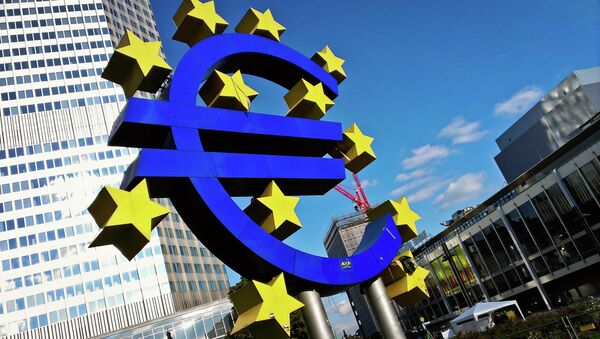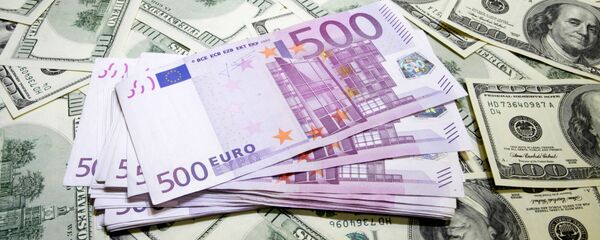European economy can only be saved if members of the European Union (EU) returned to their national currencies while at the same time keeping the euro, the former member of France’s Council for Monetary Policy Jean-Pierre Gerard told in an interview with French news website Antlantico.
“We propose to use the common European currency, but together with national currencies, or that a group of countries with similar economic conditions could use their own currency, kind of like euro-francs or euro-marks. It is essential to find flexibility.” – Gerard said.
Gerard supported the idea of re-introducing the so-called “Currency Snake”, the monetary system that was used in the past by members of the European Community to control the fluctuation of their currencies.
The European Exchange Rate Agreement, also known as the system of “Currency Snake” or “The Snake in the Tunnel” policy, was introduced in 1972 by governments of Belgium, Germany, France, Italy, Luxembourg and the Netherlands. Under the agreement, the exchange rates of the participating countries were not allowed to fluctuate from the agreed central rate by more than 2.25 percent. That allowed the national currencies of the participating countries to be essentially fixed to one another.





